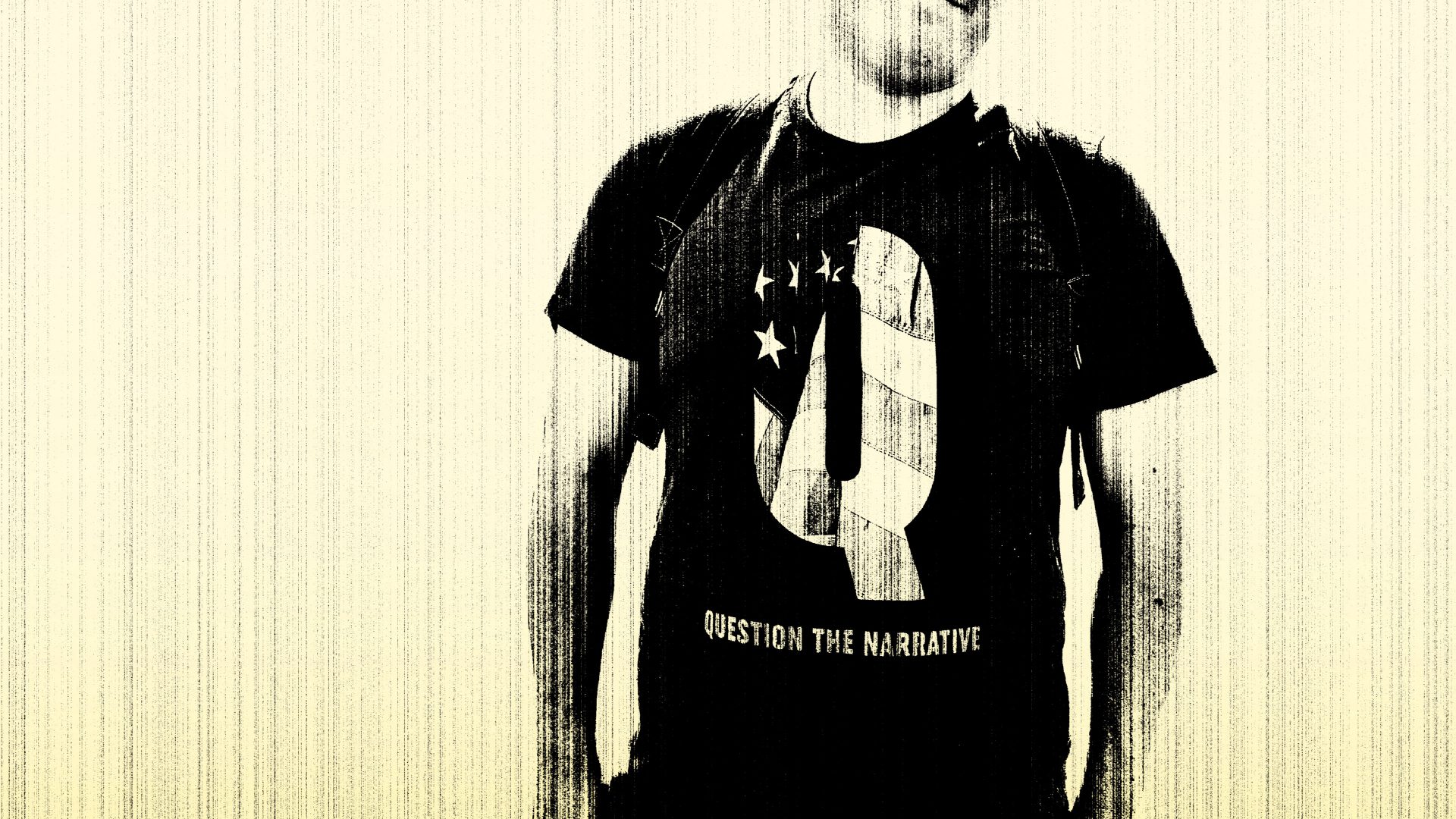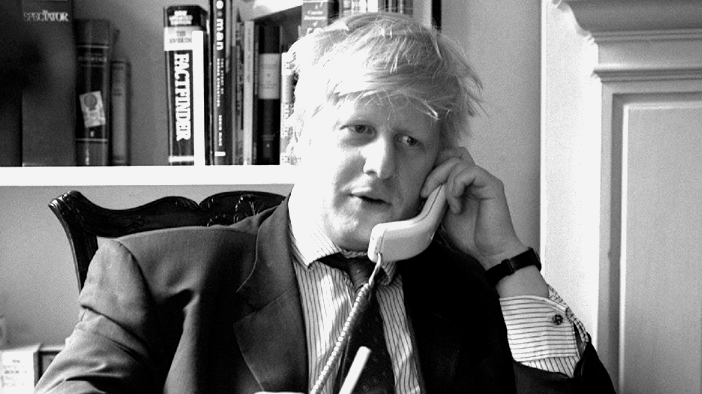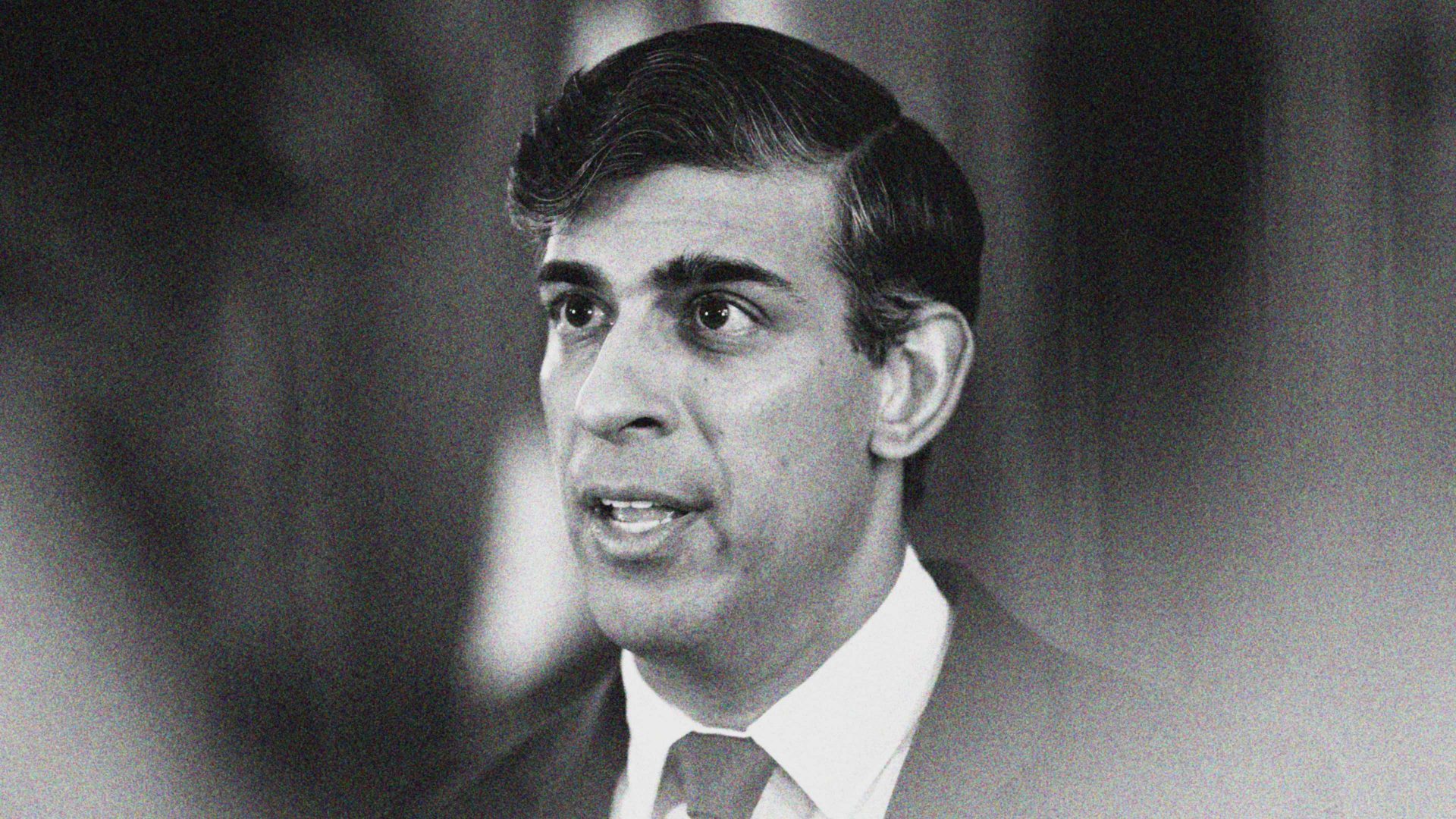The name of Max Azzarello will soon be forgotten. Last Friday, the 37-year-old “research investigator” and conspiracy theorist from St Augustine, Florida, set fire to himself outside the New York courthouse where Donald Trump is on trial for the alleged cover-up of hush money payments to the porn star Stormy Daniels. His death from his injuries was announced by police early on Saturday.
The live coverage of Azzarello’s self-immolation has fixed America’s attention briefly upon this horrific moment. But the deranged narcissism of martyrdom is rarely rewarded by enduring fame.
Azzarello had a history of psychiatric disorder. The “manifesto” he left on Substack is full of nonsense, describing Covid as an “economic doomsday device” and warning of an imminent “apocalyptic fascist world coup”, in which The Simpsons, Stanley Kubrick and Spike Lee’s Do the Right Thing were all somehow complicit. In a year as overstuffed with history as 2024, this tragic self-destroyer will be lucky to warrant a footnote.
Yet it would be a mistake not to ask what he represents. For a start, there is an unsettling symmetry between Azzarello and the defendant on the other side of the security cordon. One was desperate and powerless; the other is seeking to become, once again, the most powerful man on earth. But Trump is no less a conspiracist than the man engulfed in flames outside the courthouse.
True, Azzarello was an equal opportunity theorist, claiming, bizarrely, that “Trump is with Biden” and “they’re about to fascist coup us”. The former president, for his part, has spread lies about the “Biden crime family”; he maintains that the 2020 election was stolen; and claims that, as he faces 88 felony charges, he is the victim of a “weaponised” justice system.
Add to this his sympathy for the QAnon movement; for the “Great Replacement” theory (the poisonous myth that white populations are being systematically displaced by other races); and “Pizzagate” (the false allegation that Bill and Hillary Clinton used a Washington DC pizza joint as the front for a paedophile ring).
Worse, however, is the extent to which Trump’s conspiracism is merely holding up a mirror to a great many Americans. According to a poll by the Public Religion Research Institute in May 2021, 15% of US voters believed that “the government, media, and financial worlds in the United States are controlled by Satan-worshipping paedophiles who run a global child sex-trafficking operation”.
A YouGov survey in December found that 20% of Americans think it is probably true that the authorities used Covid vaccines to microchip them; the same percentage believe that the government was behind the 9/11 attacks; and 29% are convinced that “voting machines were programmed to change votes in the 2020 election”. Poll after poll shows that a resilient two-thirds of Republicans think that Biden stole the presidency.
What is going on here? Trust in public life is in the gutter; social media has helped to dissolve the conventional structure of authoritative news sources; and post-truth has seriously corroded the old evidence-based order of knowledge and democratic debate. The weeds of conspiracism have prospered in this terrain.
Sixty years ago, the Columbia University professor Richard Hofstadter foresaw this in his great essay “The Paranoid Style in American Politics”. “[T]he modern right wing feels dispossessed,” he wrote. “America has been largely taken away from them and their kind, though they are determined to try to repossess it and to prevent the final destructive act of subversion.”
This precisely foretold the post-Crash feeling of disenfranchisement and powerlessness that was so ruthlessly exploited by Trump and the champions of Brexit. Indeed, it is important not to fall for the misconception that the exponential spread of modern conspiracism is confined to tinfoil hat-wearing Americans.
In June, King’s College London published research showing that 32% of Britons believe in the Great Replacement; 29% think that the “Great Reset” announced by the World Economic Forum during the pandemic is a conspiracy to impose a totalitarian world government; and 33% regard the cost of living crisis as a government plot to control the public.
This is a global phenomenon and one that will not obligingly fade away in this country and the US if Keir Starmer and Biden prevail in the polls this year. It is deeper rooted than that; part of a profound reconfiguration of the political landscape.
Note that Robert F Kennedy Jr is basing his independent presidential campaign (more dangerous to Biden than Trump) entirely upon conspiracy theories: especially the lies of the anti-vaxx movement. He and a supportive legion of podcasters exploit the legacy of Covid: a collective trauma which, it is fair to say, the world has barely begun to process.
It is easy to scorn their nonsense, and so we should. But do not underestimate the growing power of the ideas that they turbo-charge, and how successfully they are displacing traditional political narratives.
The greatest error a rational person can make is to underestimate the enduring power of the irrational; or to assume that education immunises people against the conspiracist virus. It doesn’t. Research has shown that knowledge is a poor firewall against deluded or magical thinking.
What counts are the beliefs to which we cling and – crucially – our longing for the meaning, agency and explanatory systems that conspiracy theories provide, mendaciously but with the convenience of cognitive fast food.
In his wonderful new book, Knife (see p42), Salman Rushdie sets a civic challenge: “we must work to overturn the false narratives of tyrants, populists, and fools by telling better stories than they do, stories within which people want to live”. That’s exactly right. The poisonous theories that had scrambled Max Azzarello’s mind made him want to stop living.
The political task ahead is much more than technocratic; it is to frame the challenges of the 21st century in such a way that people do not resort to the conspiracist software of despair.




